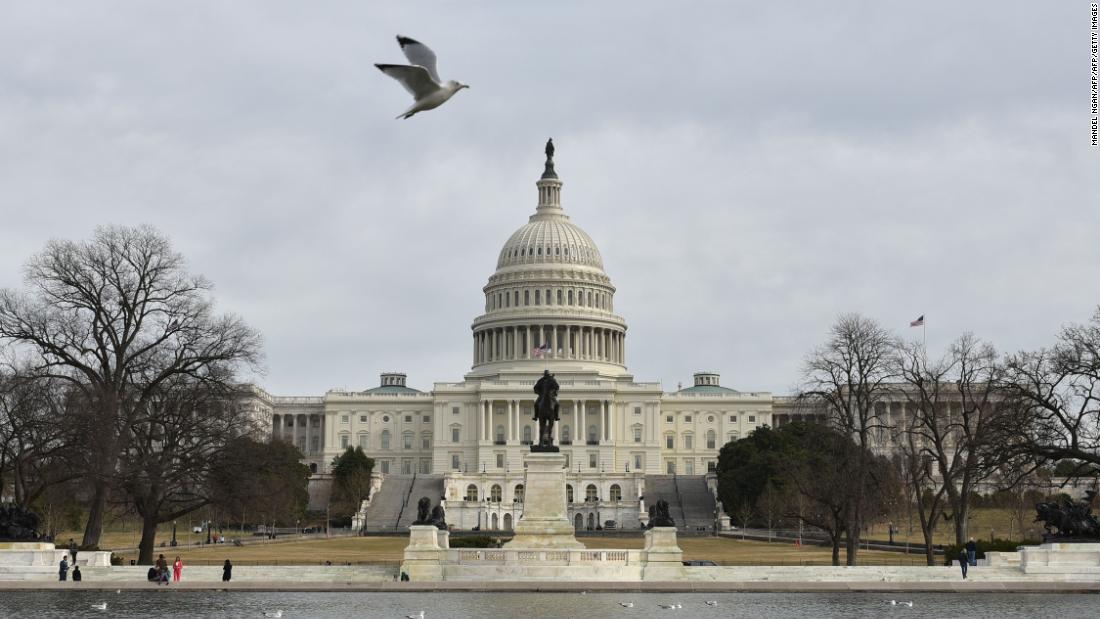
The House overwhelmingly passed a bill Monday evening that would permanently authorize the New York City-based National Urban Security Technology Laboratory, which has been at risk of losing funding over the past couple of years and was not included in the administration's latest DHS funding request.
The lab "is constantly developing and testing new tools for our brave first responders to use in the event of a terrorist attack, industrial accident or natural disaster and closely collaborates with law enforcement agencies like the FDNY, NYPD and the Nassau County Police Department in my district," Rep. Kathleen Rice, a New York Democrat who cosponsored the bill, said Monday on the House floor, urging her colleagues to pass the legislation. The final vote was 395-3.
She said the administration has proposed closing the lab in each of the last two federal budgets.
The potential funding cut comes amid budget battles between the White House and Democrats on Capitol Hill, as the administration has shifted its funding and influence to the department's immigration missions.
The lab works on a range of issues, including radiological and nuclear response research and development. It also provides a number of services for law enforcement and first responders, working most closely with New York metropolitan area agencies but also around the country.
For example, the lab services and tests radiation detection equipment, which is used by first responders in the field. The lab is also involved in counter-Unmanned Aerial Systems (drone) work, a priority for DHS, as well as providing technical expertise to agencies that are looking to purchase new equipment and offering scenario-based disaster planning.
The lab has existed in some form since 1947, but it took on new meaning after 9/11, when police officers were asked not only to secure their communities, but also to grapple with possible large-scale terrorist attacks.
"Removing that capability in any sort of unplanned way is going to cause trauma and potential vulnerabilities," said Jeff Schlegelmilch, the deputy director of the National Center for Disaster Preparedness at Columbia University's Earth Institute, who added that the potential loss of the lab has been "very concerning" to the people on the front lines.
Schlegelmilch said it might be "worth taking a look" at whether the lab should continue to be funded by DHS but that the proposed cut is "part of a partisan budget fight" rather than a careful review of the laboratory's results.
"The effect is happening before the analysis," he added.
As of Monday, employees at the lab had not received guidance on whether the lab would continue operating, according to a DHS employee, who said it was "utterly unclear." A couple of years ago, the lab received notice that it would need to prepare to shut down, but Congress ultimately funded its operations, added the employee.
The lab provides "needed" technical advice to first responder agencies, said the employee.
At a recent congressional hearing, DHS' science and technology acting chief, William Bryan, told Rice he could not "say enough positive things about NUSTL." But when pressed on President Donald Trump's budget, Bryan said, "The only remedy I have and all I can do is look to where those capabilities can be performed elsewhere."
Through a DHS spokesperson, Bryan told CNN that "difficult choices were made" to maximize the department's resources.
The DHS science and technology division's fiscal year 2020 budget is about 30% less than the fiscal year 2019 enacted appropriation, according to Bryan.
No comments:
Post a Comment